S1 E38: The Signs of Power
Originally Published on 10/4/2022
With great power, comes great influence, but how can you tell who has power and who doesn’t? Sometimes deciphering these intricacies is very difficult.
Status markers and power distance are two ways to look at this. Power distance is another way that culture and power intersect as it governs how people interact with those who have power, and how the powerful, likewise, interact with the people.
Status markers are culture and context dependent. This also drives what I talk about when I ask “what and who get rewarded in an organization?” How we view status and the markers of status drive the underlying power dynamics. This is a difficult one for leaders to understand – it is both what you find important, and what the collective or organization finds important. You may think you won’t have to change as a leader, but you will.
I talk through several examples of how I’ve seen this play out and what this all means for leaders of change.
Fully captioned videos are available on YouTube
References:
Malcolm on Status amongst Mennonites
A Mennonite on Status amongst Mennonites
The wheel of relative power and privilege and a great evaluation resource
